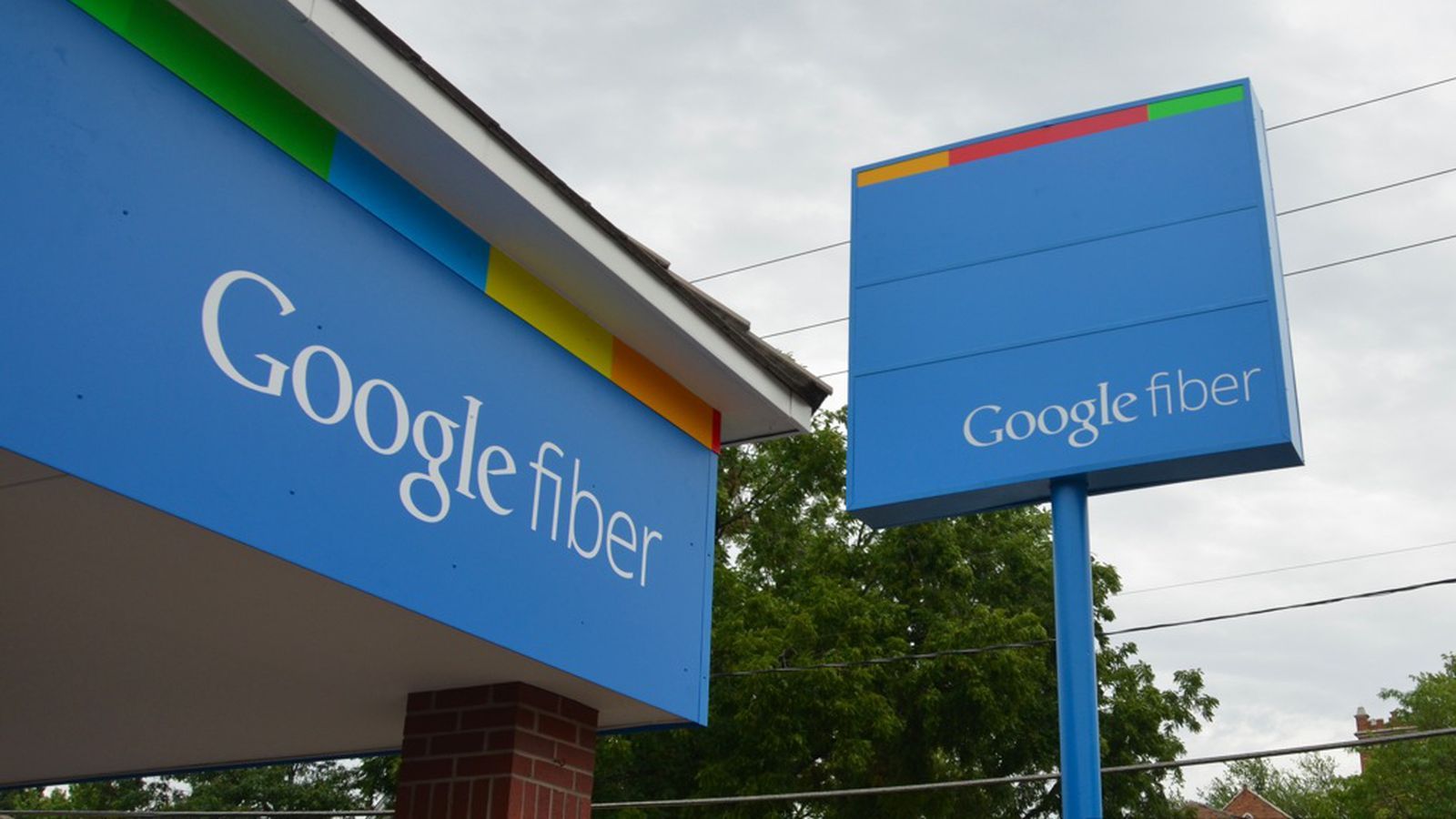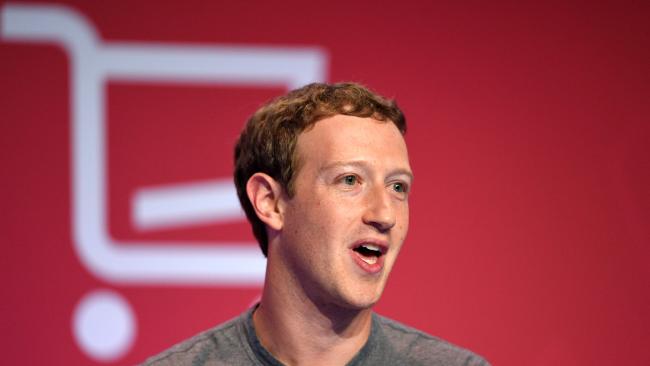Interesting model when looking at AI around the net and search engines.
A new mathematical model sheds light on the nature of viral social trends.


Wifi distribution across this planet is patchwork of crazy: You can tweet from Mt. Fuji but lord help you if you want to send an email in Cuba. Thursday, Israeli company SkyFi announced it will be the one to finally soak the world in wifi from space.
In a press release announcing $3 million in funding from Jerusalem Venture Partners and the Liberty Israel Venture Fund, the company said it would get around the problems preventing reliable wifi from traditional satellites by launching nano satellites whose 55-centimeter diameter antenna could be folded up to make launching cheaper, then expanding once in orbit.
“The high flexibility of our nano satellites and the ability to provide multiple services to different customers enables us to offer free internet access to the whole planet in the same manner as GPS services are free. We think this has the potential to bridge great divides and give everyone worldwide a part in the great global connected community,” Raz Itzhaki Tamir, Co-Founder and CEO of SkyFi, said in the press announcement.


https://youtube.com/watch?v=W0YgV1TgnF8
“We think the only way to effectively connect people all over the world is through satellites.”
![]()
![]() Gedalyah Reback 23 hours ago.
Gedalyah Reback 23 hours ago.
There’s been much ado about getting internet to the world’s disaffected and disconnected populations. Large swathes of rural and underdeveloped areas of Asia, Africa and somewhat in Latin America have garnered the attention of Silicon Valley’s biggest superpowers Google and Facebook.


80 million cyber attacks per year — 400 every minute — but as many as 70 percent of them go undetected. And, these numbers are anticipated to go drastically higher now “Ransomware” is paying off for hackers.
Using the internet is a risk most businesses and individuals take for granted. But as more data is stored online, the world is becoming ever more vulnerable, the head of global internet security firm Symantec, Michael Brown, says.
China goes 5G.
China Mobile has launched its 5G Joint Innovation Center project, the company said.
The company has set a business target of reaching 1.40 million TD-LTE base stations, selling 330 million 4G devices and expanding the 4G subscriber base to over 500 million by the end of 2016.
According to Shang Bing, Chairman of China Mobile, the company has deployed 1.10 million TD-LTE base stations as of the end of 2015, covering over 1.2 billion population and has achieved 4G roaming with 114 countries and regions; China Mobile sold 300 million TD-LTE devices in 2015, indicating the addition of more than 400 TD-LTE users every minute; China Mobile´s 4G subscriber base reached 340 million, accounting for about 30% of global number. Moreover, China Mobile has completed the deployment of carrier aggregation (CA) in over 300 cities and has commercialized VoLTE services in 100 cities.

Google Fiber is heading close to home for its next location: San Francisco. Google announced this morning that it intends to bring its fast gigabit internet to “a portion of San Francisco,” specifically to apartments, condos, and affordable housing units. Details on exactly where and when are nonexistent for now, and Google suggests that we may be waiting a while to hear more.
What Google Fiber does say is that it won’t be building out its own network in San Francisco, as it’s done in many other cities. Instead, it’ll rely on existing fiber networks to provide its service. That may limit what Google can do and where it can go, but it also means a much faster path to launch. “To date, we’ve focused mostly on building fiber-optic networks from scratch,” Michael Slinger, Google Fiber’s business operations director, writes in a blog post. “Now, as Google Fiber grows, we’re looking for more ways to serve cities of different shapes and sizes.” Google Fiber is already taking this approach in a couple other markets, including Huntsville, Alabama, where earlier this week it announced plans to launch using the city’s municipal network.
As it’s done elsewhere, Google Fiber plans to provide free gigabit internet service to “some public and affordable housing properties” in San Francisco. It’s also working with a nonprofit to teach people basic internet skills, like setting up an email account and applying for jobs.

I wish the CA AG a lot of luck; however, her approach is very questionable when you think about downstream access and feed type scenarios. Example, Business in Boston MA has an agreement with a cloud host company in CA, and Boston also has data that it pulls in from Italy, DE, etc. plus has a service that it offers to all of users and partners in the US and Europe that is hosted in CA.
How is the CA AG going to impose a policy on Boston? It can’t; in fact the business in Boston will change providers and choose to use someone in another state that will not impact their costs and business.
BTW — I didn’t even mention the whole recent announcement from China on deploying out a fully Quantum “secured” infrastructure. If this is true; everyone is exposed and this means there is no way companies can be held accountable because US didn’t have access to the more advance Quantum infrastructure technology.
https://lnkd.in/b9xXVAN
Feb. 17 — California Attorney General Kamala Harris (D) has released the state’s data breach report, laying out the legal and ethical responsibilities of businesses to keep information safe and perhaps most importantly outlining what the state believes is “reasonable security” that companies must employ to avoid possible enforcement actions.
Under the state’s information security statute, businesses must use “reasonable security procedures and practices” that “protect personal information from unauthorized access, destruction, use, modification, or disclosure,” the report said.
Under the guidelines in the report released Feb. 16, failing to implement all 20 of the Center for Internet Security’s Critical Security Controls that apply to an organization’s environment constitutes a lack of reasonable security. The controls define a minimum level of information security all organizations that collect or maintain personal information should meet.

Agree with Zuckerberg it’s a bad move on all tech fronts to ignore the developing countries and other less connected areas of 1st & 2nd world countries which is usually lower income areas. Also, VR & AR are going to be the experience that is going to be the platform where applications (including enterprise apps & platform services such as BI, etc.) are going to be and want to be in order to make the user experience and productivity more effective.
Facebook chief Mark Zuckerberg has warned the mobile industry not to ignore the unconnected, as he laid out plans use artificial intelligence to help bring remote parts of the world online.
The enigmatic CEO used a keynote speech at Mobile World Congress in Barcelona to express “disappointment” that the mobile industry was focused on areas like 5G rather than connecting those lacking in connectivity.
He warned that there was a danger of providing “faster connections” for rich people, and that there was a likelihood that when the Congress meets in 2020 the industry will have only made a small dent in the world’s number of unconnected users.